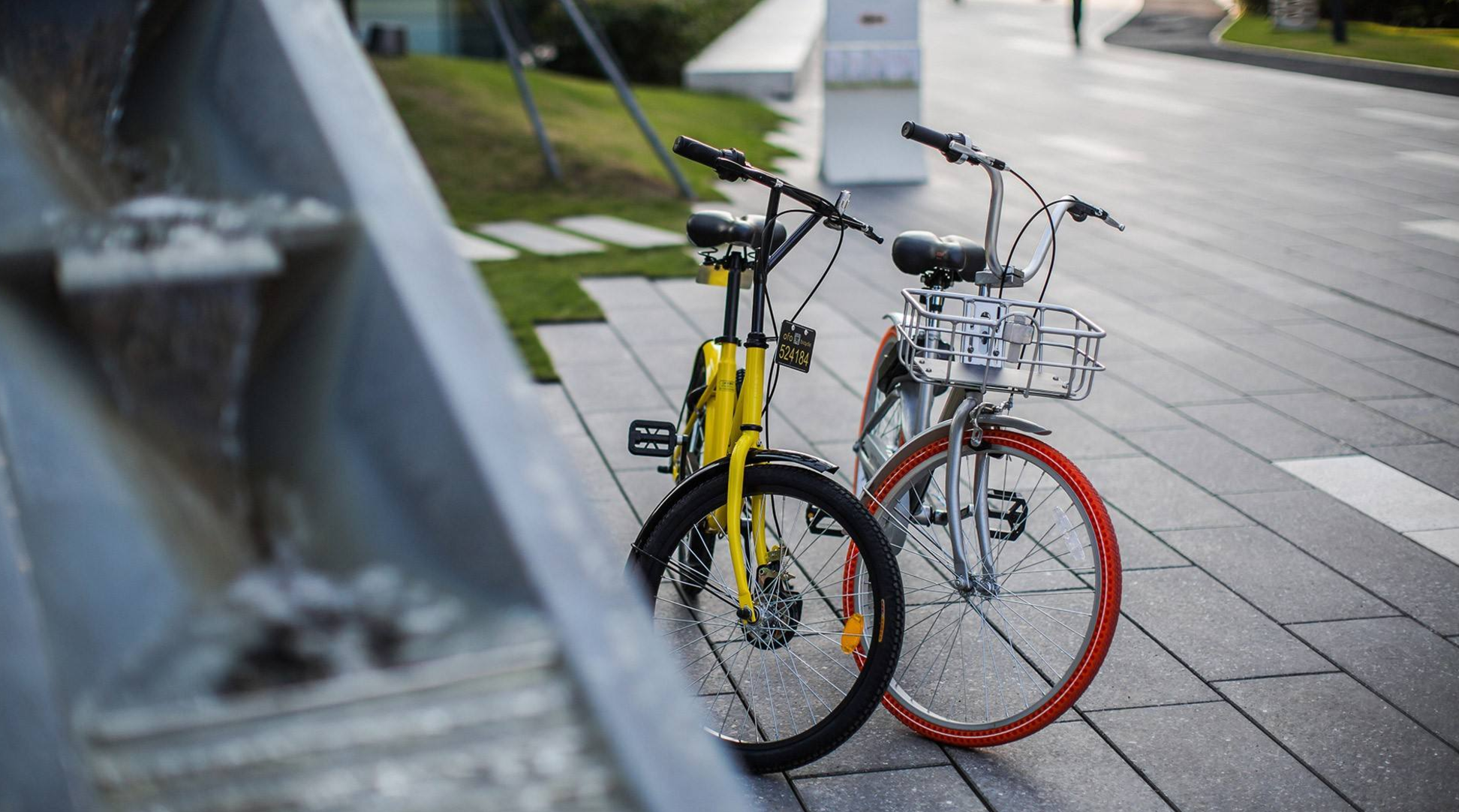Mobike CEO Celebrates 200th City, Rejects Merger with ofo
Wang Xiaofeng, co-founder and CEO of Mobike, delivered a speech themed The Internationalization of Chinese Enterprises at The Year Ahead summit, hosted by Bloomberg Businessweek in cooperation with Sina Weibo. He spoke about internationalization and Mobike’s ideas, and rejected ideas about a merger.
Wang said business that can exist independently do so with a strong product force. “If there is no differentiation from similar products, in the end, users will abandon you,” he said. It also depends on brand power. For example, Pepsi Cola and Coca-Cola “spent s hundred years on branding.”
SEE ALSO: ofo Investor Says it is Profitable Only When Mobike Merges with ofo
“When a company has the opportunity to do more with its product, and brand force, the company will win more users,” he said.
Wang said Mobike, since its inception, has focused on differentiating its product and forming an emotional connection with its users. “With the two things done, I think it’s not necessary to consider other things. There are so many mergers. It’s because these companies didn’t do these two things well and couldn’t exist independently,” he said.
Internationally, Mobike has landed in more than 200 cities in 12 countries, and Berlin is the 200th city with Mobike. Mobike began operations in Berlin on November 22. Wang said Mobike commemorated the invention of the bicycle in Germany 200 years ago.
The iconic Internet companies operating globally almost all come from Silicon Valley. In the hardware and manufacturing industries, most companies come from China, Japan and South Korea. In terms of the globalization of software and hardware integration, Wang said Chinese enterprises have an unparalleled advantage.
“We can recruit competent software engineers in China who can develop software on the same level as Silicon Valley products, and which may be superior in some aspects,” he said. In hardware, China has an advantage in talented workers, supply chain and raw materials accumulated over the past few decades. When combining these, it becomes clear that companies which integrate hardware and software “should come from China, where there are global giants,” he said.






